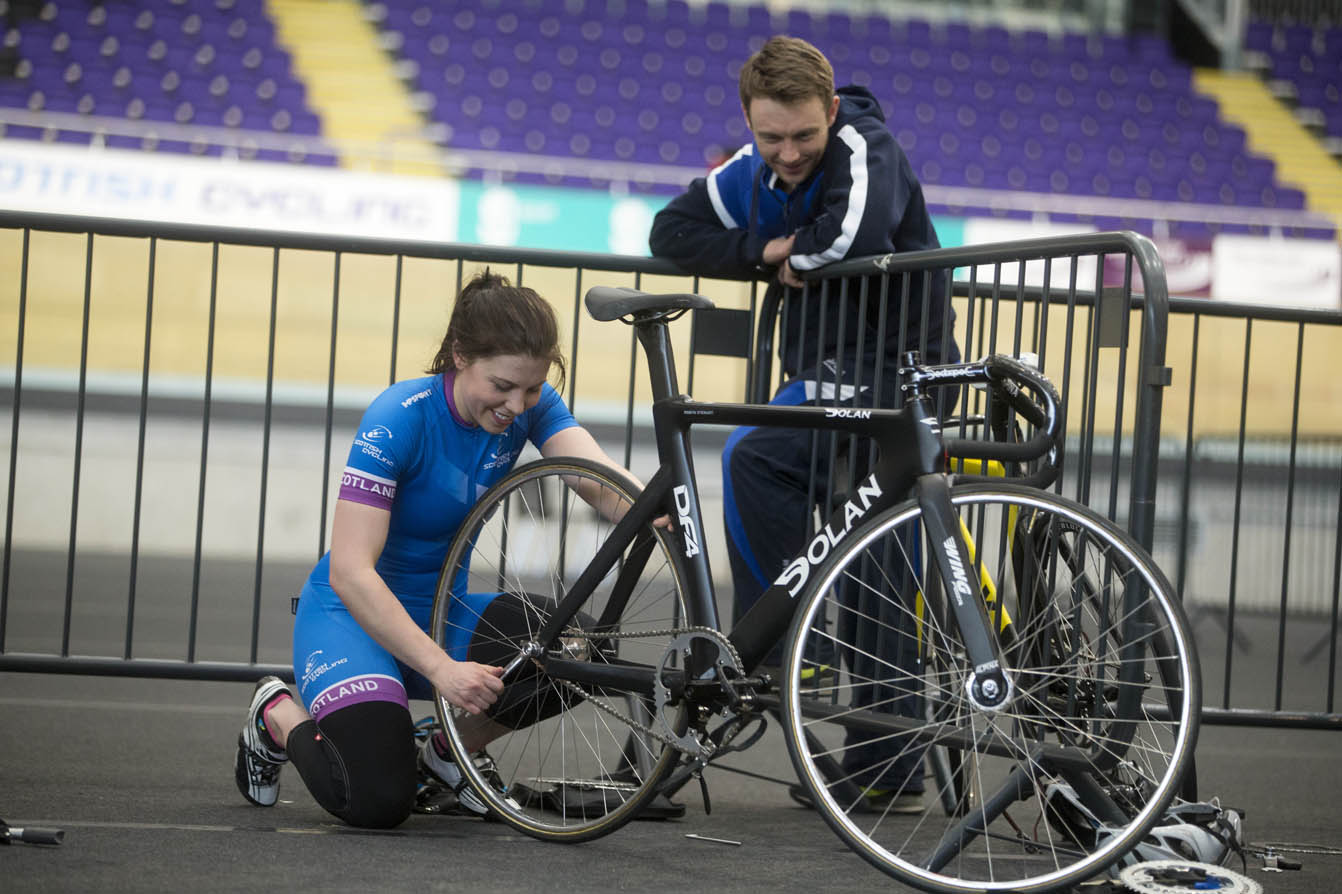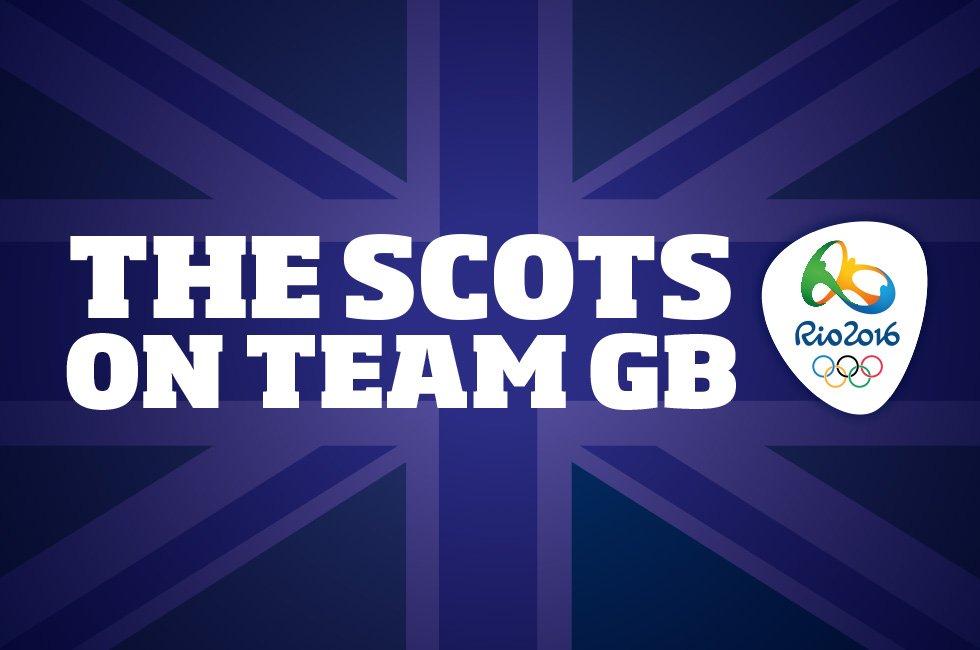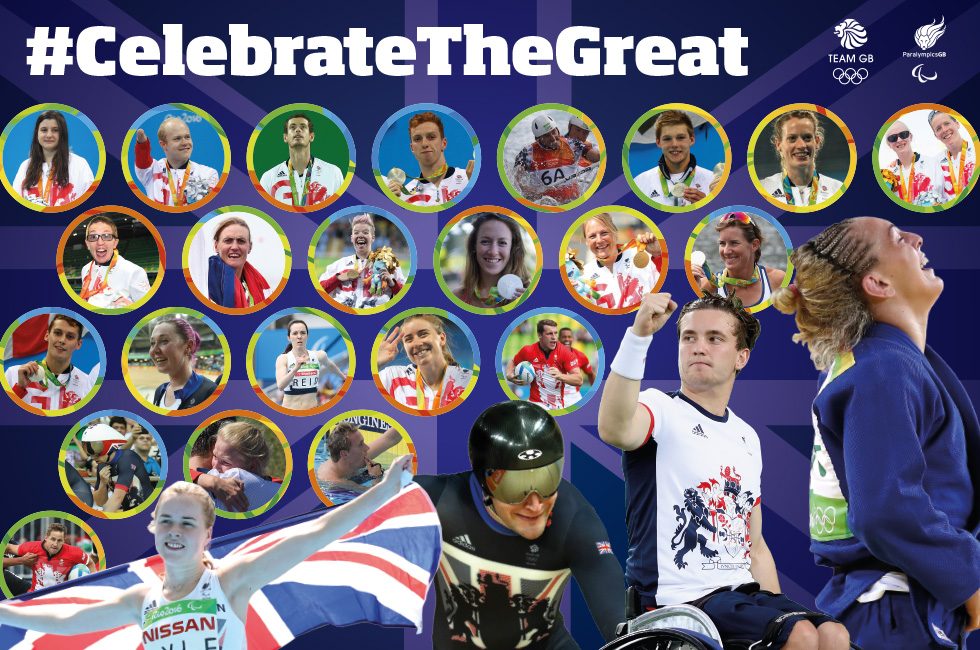As our next generation of cycling stars prepare to saddle up for glory in Rio and beyond, we see how the long road to cycling success starts at home in more humble surroundings. and how Scottish Cycling is working hard to ensure the wheels turn smoothly for the heroes of tomorrow.
The road to creating a world class sporting system for everyone in Scotland doesn’t start with our top performing athletes arriving at the Olympics or World Championships – it very much starts at home.
These huge sporting events obviously inspire the next generation of riders aiming for that coveted podium spot, but all their hard work is a collaborative and long-term effort, with many links in the chain.
How the wheels turn
Scottish Cycling – Scotland’s governing body for cycling – creates the infrastructure and systems required to make Scotland one of the top performing small cycling nations in the world. The governing body also work closely with their counterparts at British Cycling to provide support in Scotland and across the UK, as well as helping to nurture homegrown talent to compete at World and Olympic level as part of a successful Great Britain Cycling Team.

The likes of top Scottish cyclists Callum Skinner, Neil Fachie and Katie Archibald have all benefited from Scottish Cycling’s input throughout their journey. Here, we look at some of the routes they took to the top of their game and how others can follow in their tyre tracks.
Local cycling clubs are the starting point
Every cyclist’s journey within the sport usually starts at a club – whether it’s the pathway to the top or towards a lifelong cycling habit. There are cycling clubs located in local communities the length and breadth of the country. If you’d like to find cycling clubs in Scotland, visit British Cycling's clubfinder.
Scottish Cycling provide support to these clubs help to keep them running, growing and organising events and local cycling activities so that everyone can enjoy cycling. Their presence ensures that the stars of tomorrow have somewhere to start from.
Nurturing grassroots sport
Grassroots sport needs to be nurtured. Scottish Cycling’s education and training programme is based on this premise and helps the people inside clubs – from ride leaders to cycling coaches – to grow and develop in a structured way. Developing people in the sport develops the sport itself.

Cultivating talent
Cyclists identified at club level with potential to progress can be fed into Scottish Cycling’s Regional Academy of Cycling Education (RACE). RACE is a regionally based performance development programme, primarily aimed at youth and junior category riders.
Led by volunteers, along with support from Scottish Cycling performance and development staff and cycling club coaches, the programme helps all young racers to become better educated about both cycling and themselves as athletes.
Pedaling to the podium
Riders who have recognisable talent and who are serious about a career in cycling can move into Scottish Cycling’s performance development programmes. Here, the objective is to get Scottish athletes to the Commonwealth Games and on to the Great Britain Cycling Team, and from there on to the world stage and the Olympics.

Expert support
The sportscotland institute of sport works closely with Scottish Cycling’s endurance, mountain bike, sprint and Para athletes and coaches to offer advice on everything from nutrition and physiology to performance analysis. This support has been – and will continue to be – key for all of the Scottish talent coming through and onto the British Cycling Academy.
So when you’re cheering on our Scottish cycling hopefuls at the Rio Olympics and Paralympics this summer, you’ll know a lot of hard work and support has been put into the system to get them there. Becoming a professional cyclist takes commitment and time from the athlete and from many people around them.
And, when you watch them, you’ll also know that any pro cyclist likely started in a local cycling club, like the one in your local community. In turn, hopefully their success will inspire more Scots to take part and progress in the sport, meaning more backsides on saddles – and a healthier, more active nation.



